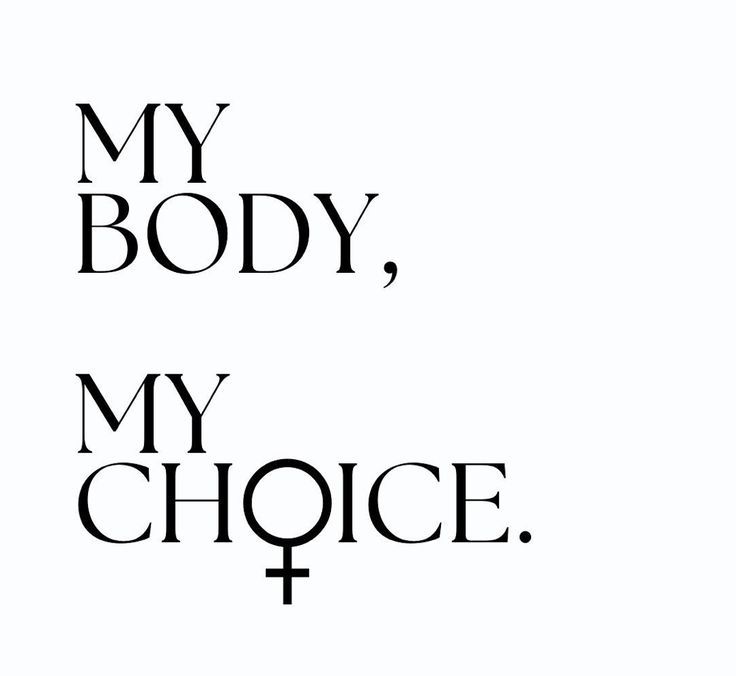As the world prepares to celebrate International Women’s Day, a significant development in women’s rights has taken place in France, amplifying the conversation around reproductive rights globally. On March 4th, French lawmakers made history by overwhelmingly approving a bill to enshrine right to abortion in the country’s constitution. This landmark decision makes France the first country to explicitly guarantee a woman’s right to voluntarily terminate a pregnancy within its basic legal framework.

Protecting Women’s Rights: The French Perspective
The move in France comes in response to growing concerns about potential rollbacks of abortion rights, particularly in the wake of developments in the United States. President Emmanuel Macron championed the bill as a crucial step in safeguarding women’s reproductive autonomy, following the Dobbs ruling by the U.S. Supreme Court in 2022, which raised alarms globally regarding the erosion of abortion rights. By explicitly guaranteeing the right to abortion in its constitution, France sets a precedent for prioritizing and protecting women’s rights on a fundamental level.
Historic: France Becomes World's First Nation to Enshrine Abortion Right in Constitution#France #AbortionRights #MyBodyMyChoice #AbortionRightsFrance #Macron https://t.co/nZfa5Zg2gh
— Republic (@republic) March 5, 2024
Abortion Laws Across the Globe: Contrasting Realities
While France takes a progressive leap forward in recognising abortion rights, the global landscape presents a stark contrast. In India, where International Women’s Day holds special significance, abortion laws remain complex and restrictive. Despite recent amendments to the Medical Termination of Pregnancy Act, access to safe and legal abortion services remains limited, particularly for marginalised communities. The journey towards comprehensive reproductive rights in India is ongoing, highlighting the need for continued advocacy and legal reform.

Also Read: “Honesty Is My Only Rule Of Storytelling,” Says Sahil Khurana In An Exclusive Interview
Conversely, the United States, often seen as a leader of democracy, grapples with increasingly conservative laws surrounding abortion. The reversal of the Roe v. Wade ruling by the U.S. Supreme Court sent shockwaves through the international community, reigniting debates over women’s autonomy and bodily integrity. The erosion of abortion rights in the U.S. underscores the fragility of women’s rights and the importance of proactive measures to protect them.
Women’s Day and Abortion Rights
As the world gears up to celebrates International Women’s Day, the passage of the French abortion bill serves as a poignant reminder of the ongoing struggle for gender equality and reproductive justice. The right to abortion is inherently linked to women’s autonomy, health, and well-being. Recognising and safeguarding this right is not only a matter of fundamental human rights but also a catalyst for advancing women’s empowerment and equality worldwide.

Looking Ahead: The Road to Progress
In embracing abortion rights as a constitutional guarantee, France sets a powerful example for nations around the globe. However, the fight for reproductive justice is far from over. As we commemorate International Women’s Day, let us reaffirm our commitment to advocating for the rights of all women, regardless of geography or circumstance. Together, we can build a future where every woman has the agency to make informed choices about her body and her future.


